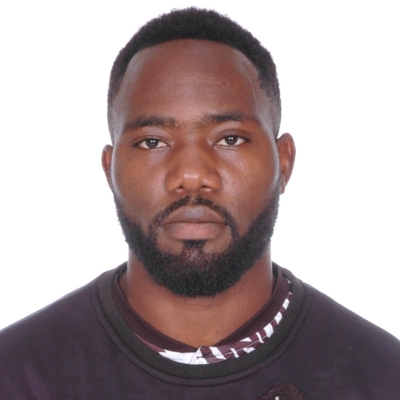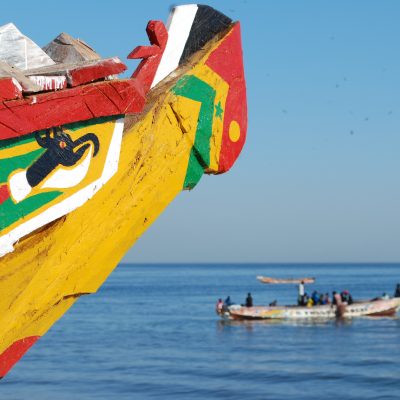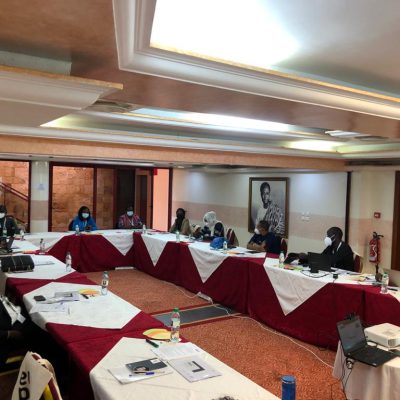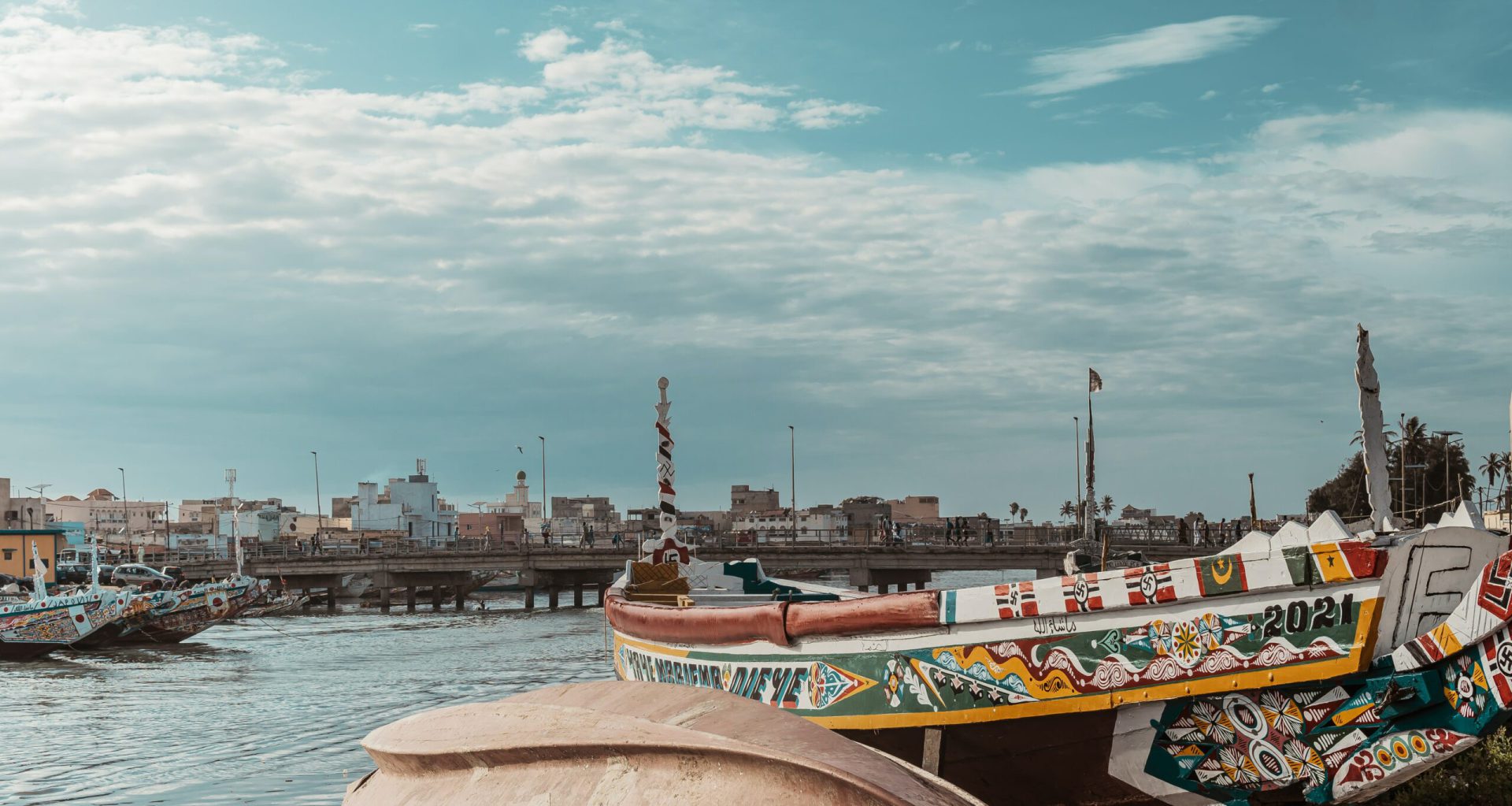
Micro-financing startups and empowering universities in Saint-Louis
Despite being a town known for it’s cultural heritage from French colonial rule, Saint-Louis has a considerable number of start-ups, notably in the tourism and agricultural sector. In the recent years, the absence of finance from the main banking sector in favor of startups have given a rise to a great reliance on micro-financial institutions. Similarly, due to better opportunities in the main capital city Dakar and sometimes even abroad, freshly graduated individuals/young talent may be compelled to leave the city. In this regard the university is increasingly having an important role in providing opportunities and integrating local youths to local companies.
The growing importance of Micro-financial institutions (MFIs)
A lack of funding is one of the major constraints in this ecosystem as seen on the SFI (Funding Constraint 28.23) with more than 66% of businesses in Saint-Louis identifying the problem. This constraint is persistent because of the difficulty in getting loans from banks. Even when they are available, they generally come at high interest rates. For that reason, cooperatives and micro-financial institutions, as well as Islamic financial institutions are beginning to be more important in the ecosystem, as they are geared towards startups and SMEs. These institutions are developing into a major source of capital access. This can clearly be seen in the SFI performance for Finance with Saint-Louis scoring 32 for SME Loan Access.
On a macro level, MFIs are comparably easy to set up as they benefit from several funding options and other advantages like tax reductions when compared to higher institutions. According to the IMF, 234 MFIs exist in Senegal, a growth trend witnessed throughout developing countries . A comparison can be drawn to Indonesia, where according to the International Food Policy Research Institute about 688 MFIs operate . This implies that MFIs can be one solution for funding startups.
It is important to note that these macro-credit institutions include small community banks, cooperatives, and small Islamic banks (Islamic microfinance) in Senegal.
A comparison of Startup Micro-financing in developing countries and developed countries
On a more global level, we observe that MFI offerings to startups in developed countries are different in comparison to Sub-Saharan African countries. We note a specialized type of financial offering growing into a fin-hub. Singapore for instance, the highest ranked country on the SFI, has about 850 capital market service licensees, and 191 insurance companies. The city state has established itself as a financial services hub in Asia . The scene is even more interesting in Berlin where there is a thriving and well-developed FinTech hub, with a blend of world-renowned startups spanning areas like finance, cryptocurrencies, insurtech, lending and savings. According to an Ernst and Young report, there are more than 2,500 active startups in Berlin that raised a total of $4.5bn in venture capital funding in 2019 .
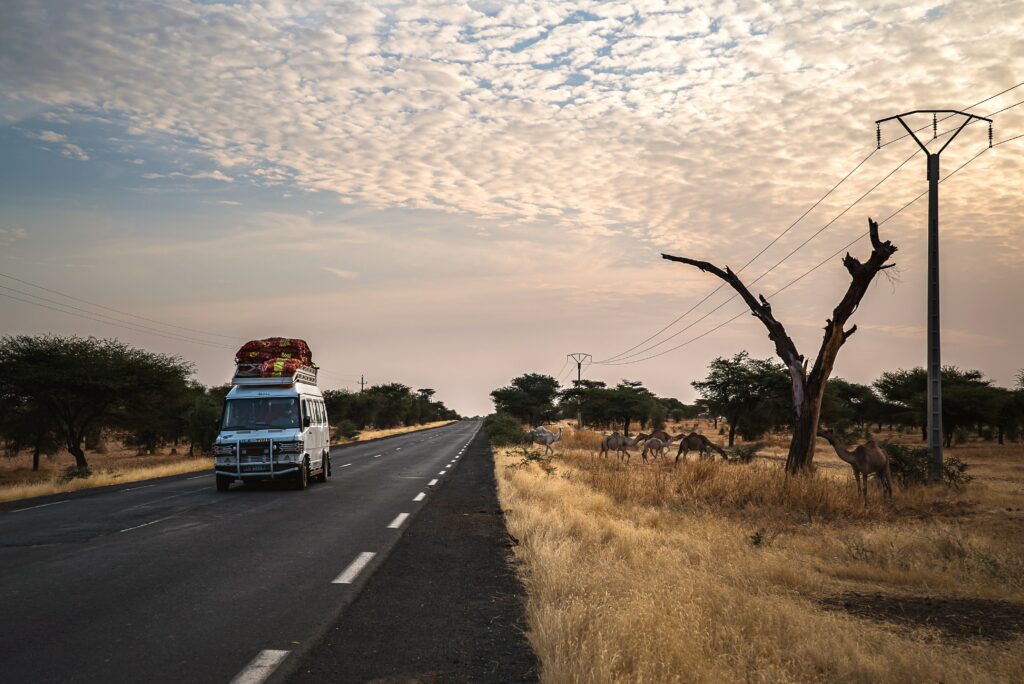
The role of universities in keeping young talents
Having the highest score for Human Capital performance in Senegal with 54.62 (compared to the biggest city Dakar scoring 51.68), Saint-Louis benefits from bright and skilled minds. However, with a limited Workforce Constraint scoring 92.09 and a qualitative skilled workforce scoring 94.55 (Skilled Workers), there may be an exodus of high-skill workers to bigger cities like Dakar or even abroad. Our findings suggest that some youths may be forced to leave, especially when they face unemployment or don’t have the training that is needed in the area.
Fatou Kamara insists that Saint-Louis is not only a tourist destination, but also a very “cultural and agriculture driven town”. As a matter of fact, in her scope of work, Fatou has identified more than 200 companies in Saint-Louis while mapping out the ecosystem, which are all linked to agriculture, tourism and a few on internet and communication. With a lack of opportunities, labor could move to other areas such as Dakar where employees can expect higher average salaries ($553.80 in Dakar compared to $254.31 in Saint-Louis).
The startup ecosystem of Saint-Louis is characterized by more job demand than job availability. Fatou gives an example: “some companies within the ecosystem posted a job vacancy and within the space of 24 hours, they had 1000 applicants”. It also looks like a good number of companies may not have the financial resources to hire new employees despite the fact that they need labor. Fatou refers to this as “silent request” as she explains “a young entrepreneur may not have the financial backing to employ new labor, although he or she needs it. As a result, we often find entrepreneurs having multiple roles at the same time”. In this regard, Fatou thinks the university has a role to play in supporting young entrepreneurs. She says that “the university’s role is to enable the acquisition of skills like personal development, leadership and other skills that will enable young people to integrate themselves easily into the ecosystem”. This will help keep young talent in the country so they can develop their communities rather than going to bigger cities or even abroad.
The university is not alone in its struggle to keep the local youth in the ecosystem. To help, the government has initiated funding for startups and SMEs who can’t afford to hire employees. The government in turn pays these additional workers when hired. Fatou also describes the central role of the university in this initiative: “the university incubator has been assigned to make a mapping of all youth skills and match them to those of businesses in need of these profiles’’. This will be a great opportunity for young students to gather knowledge and experience.
